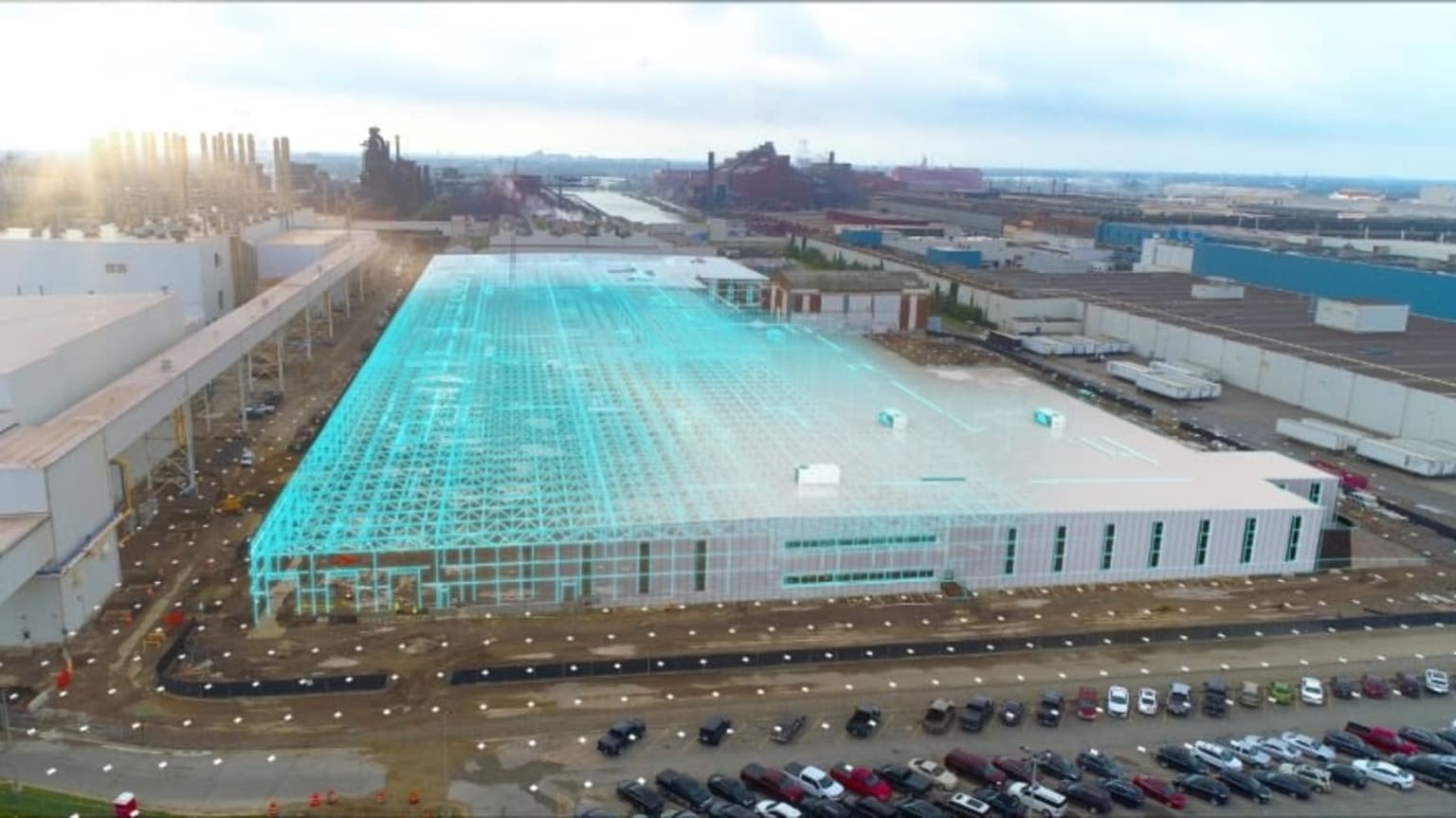
Ford Leads Electrification Movement
With the growing shift to electrification, we are on the cusp of dramatically altering something that hasn’t changed in decades: The way we move. From personal vehicles to scooters and bikes, electrification is creating new forms of accessible transportation while helping to reduce congestion, reduce pollution and make it even easier to get to work and visit friends and family. But there are challenges as well. The invention and adoption of vehicles and mass transit changed the way people lived, but also spurred cities themselves to transform. Now we must ask ourselves: Do we have the infrastructure to support all the new services being deployed today — and do people really think electrified transportation can help cities fight pollution, become more livable, more efficient and less stressful to traverse? In a recent Ford survey of city dwellers across the nation, the answer was a resounding “yes.”So what’s next?
It’s clear that electrification is breathing new life into traditional transportation methods, creating many opportunities for cities to improve access to affordable and equitable mobility. The key question is: How do we help ensure it lives up to its potential? At Ford, we are committed to helping build a better world, one where every person is free to move and pursue their dreams. We’ve been democratizing transportation for 118 years, ever since our cars began rolling off assembly lines, and now we’re continuing to pursue this goal as we move to electric technology.As with any major transformation, though, we can’t do it alone. At the City of Tomorrow Summit as we hear how cities across the U.S. and beyond are leveraging electric transportation to improve their communities and address the potential societal, infrastructure, and policy-related challenges that can sometimes come with change.
See the recap of how collaborations between government, community members, nonprofits and the private sector can help ensure that mobility can lead to better economic and social opportunities for all. Check out the Summit Ford hosted, City of Tomorrow to explore ways to implement this thinking in your community.
Ford has announced an even deeper commitment to American manufacturing, celebrating the production start of the all-new F-150 at the storied Ford Rouge Center and confirming construction of the new Rouge Electric Vehicle Center where it will build the all-electric F-150 by mid-2022. The new manufacturing center at the Dearborn-based Rouge Center, once complete, will add 300 jobs and is part of a $700 million investment in building the all-new F-150 lineup, including the first-ever F-150 PowerBoost hybrid. The new jobs will support battery assembly and production of the F-150 PowerBoost hybrid and fully electric F-150. The electric F-150, which is undergoing tens of thousands of hours of torture testing and targeting millions of simulated, laboratory and real world test miles, will be more powerful than any F-150 available today and deliver commercial and personal customers the lowest expected lifetime total cost of operation among F-Series trucks.
For our electric vehicle line-up contact J.C. Lewis Ford at 912.210.5676 and www.jclewisford.com.